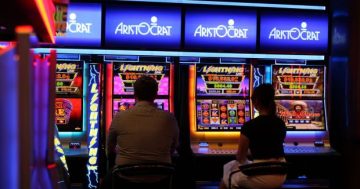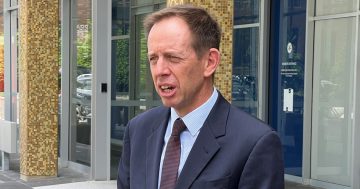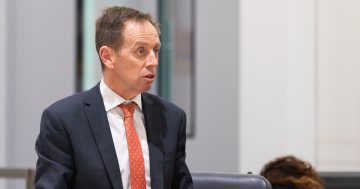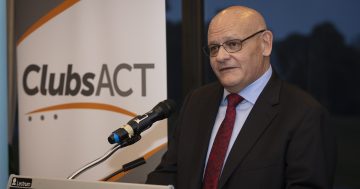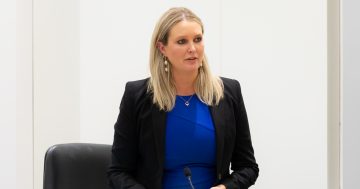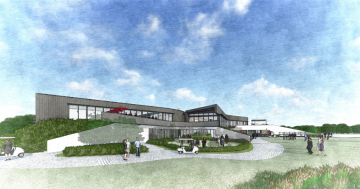
The ACT Government released a discussion paper earlier this year that proposed capping individual bet limits at $5 and setting $100 credit limits. Photo: File.
The introduction of legislation that would have capped individual poker machines bets at $5 and credit limits at $100 has been delayed following concerns from the Territory’s clubs.
Minister for Gaming Shane Rattenbury was expected to introduce the first tranche of those laws to the ACT Legislative Assembly this month to stop new poker machines coming online unless they had maximum bet limits of $5.
Mr Rattenbury said this was designed to stop clubs from making what they might feel was lost investment and purchasing new machines which would soon need to be replaced or updated when the full ban comes into effect.
But Mr Rattenbury confirmed the introduction of these laws had now been pushed back after the clubs felt it wasn’t consistent with the “consultation process” already underway.
“The venues had very strong feelings on this,” he said.
“I don’t share that view. I thought it was quite straightforward legislation.”
ClubsACT CEO Craig Shannon said the venues “strong feelings” were that the government had tried to be be disingenuous with that legislation.
“It’s our view that any timeframe for introduction of legislation should flow out of the detailed consultation of all the issues by a working group,” he said.
“To have [it] sitting over our heads and being introduced in the absence of this consultation was a flaw in the government’s plan.”
In April this year, Mr Rattenbury released a discussion paper proposing the capping of bets and credit limits and introducing a central monitoring system (CMS) that would link all gaming machines in the Territory.
The CMS was not expected to go live until at least 2024 and the government expected it would cost between $11 and $18 million if a staged approach were taken.
If all machines were to be replaced now it could cost $70 million.
Earlier this year, Mr Rattenbury argued the new limits would theoretically help reduce gambling harm because it would “slow a person down”.
He also hoped an extensive consultation process would “avoid the traditional barney between the clubs and the government”.
Mr Shannon has welcomed Mr Rattenbury’s commitment to consultation.
“I’ll give the Minister credit for at least genuinely engaging on the issue,” he said.
“But they have adopted a preferred position and we recognise that, even if we don’t necessarily agree with it.”
Mr Rattenbury took on notice a question about what percentage of bets made in the Territory were above $5.
Currently, individual bets are capped at $10 and there is no legislated load-up/credit limit.
Community consultation on Mr Rattenbury’s discussion paper closed in early June this year.
The Gaming Minister could not provide a clear timeline for when the report would be published other than “in the coming months”.
A technical working group has been established, Mr Rattenbury said. But the finer details of that group – including who would be involved – had yet to be worked out.
A listening report had been expected to be made public in July.
Canberra Liberals spokesperson for gaming Mark Parton accused Mr Rattenbury of having successfully united all of the clubs against the ACT Government.
Mr Parton said the clubs’ view was that they would be forced to shut if the government continued with its ambition of introducing bet and credit limits.
The Gaming Minister refuted that point.
“We are committed to being upfront with venues,” he said.
“It’s clear that we intend to deliver [the bet and load-up limits] but there is a bit of flexibility in how we get there.”
That specific commitment was first included in the Labor-Greens 2020 Parliamentary and Governing Agreement.
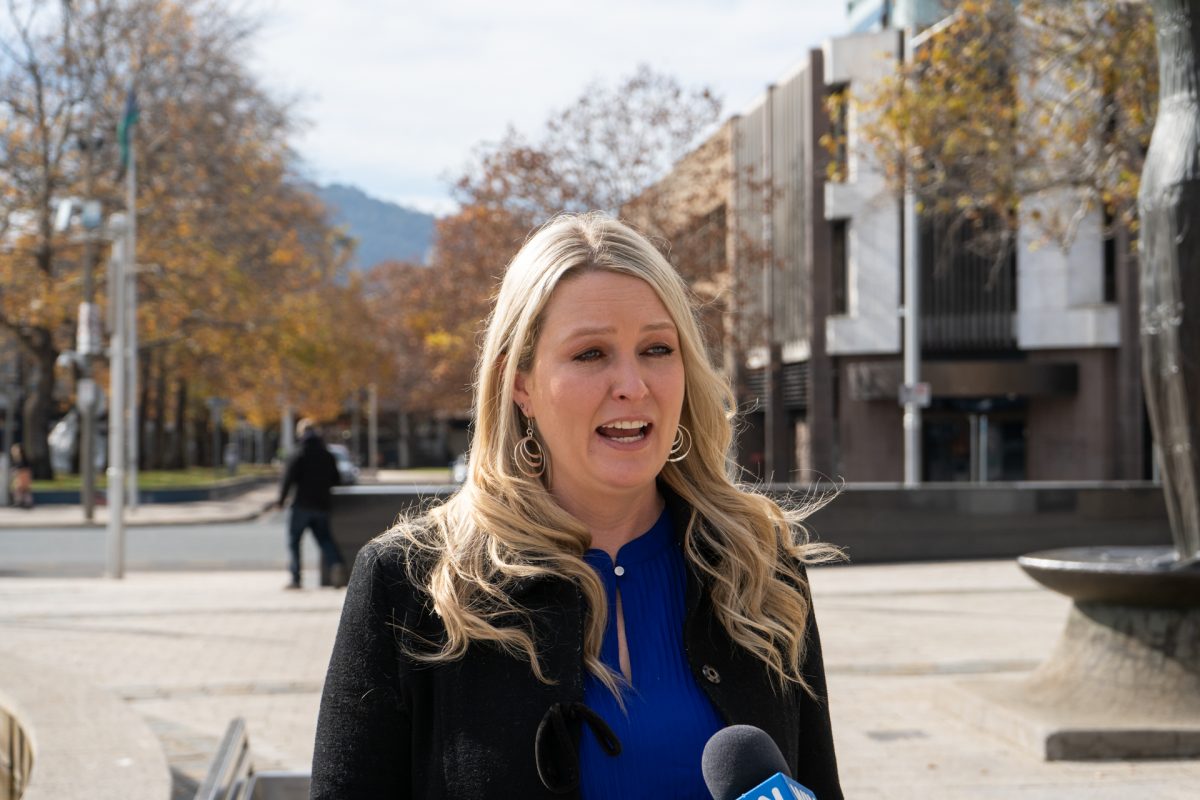
Labor backbencher Dr Marisa Paterson was previously director of the Centre for Gambling Research at the Australian National University before entering politics. Photo: Region.
Labor backbencher Dr Marisa Paterson queried why there wasn’t a long-term plan for clubs in terms of the number of poker machines they could have in a decade, for example.
Mr Rattenbury argued there was a “clear” plan.
The ACT Government has set a target of 3500 poker machines across the Territory by 2025. There are around 3700 currently in operation.
Mr Shannon told Region in May it would be delusional to suggest clubs could exist without any poker machine revenue.
“Our industry is looking at every option that is viable for them to diversify into,” he said, but he warned the number of machines across the Territory could not go much lower than 3500.












